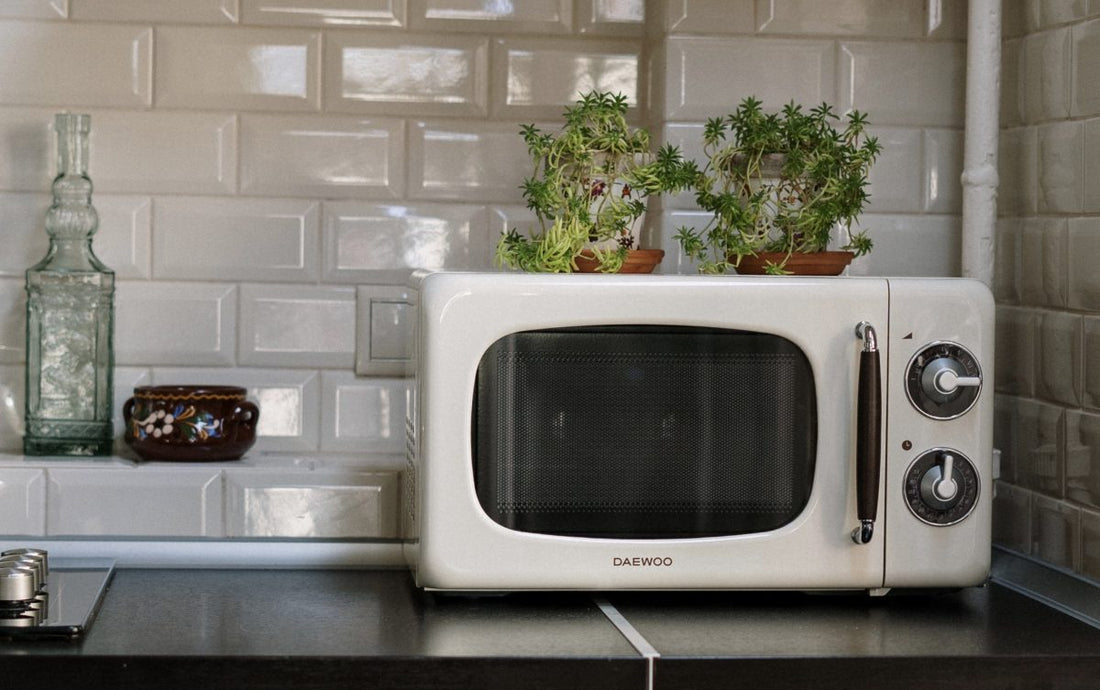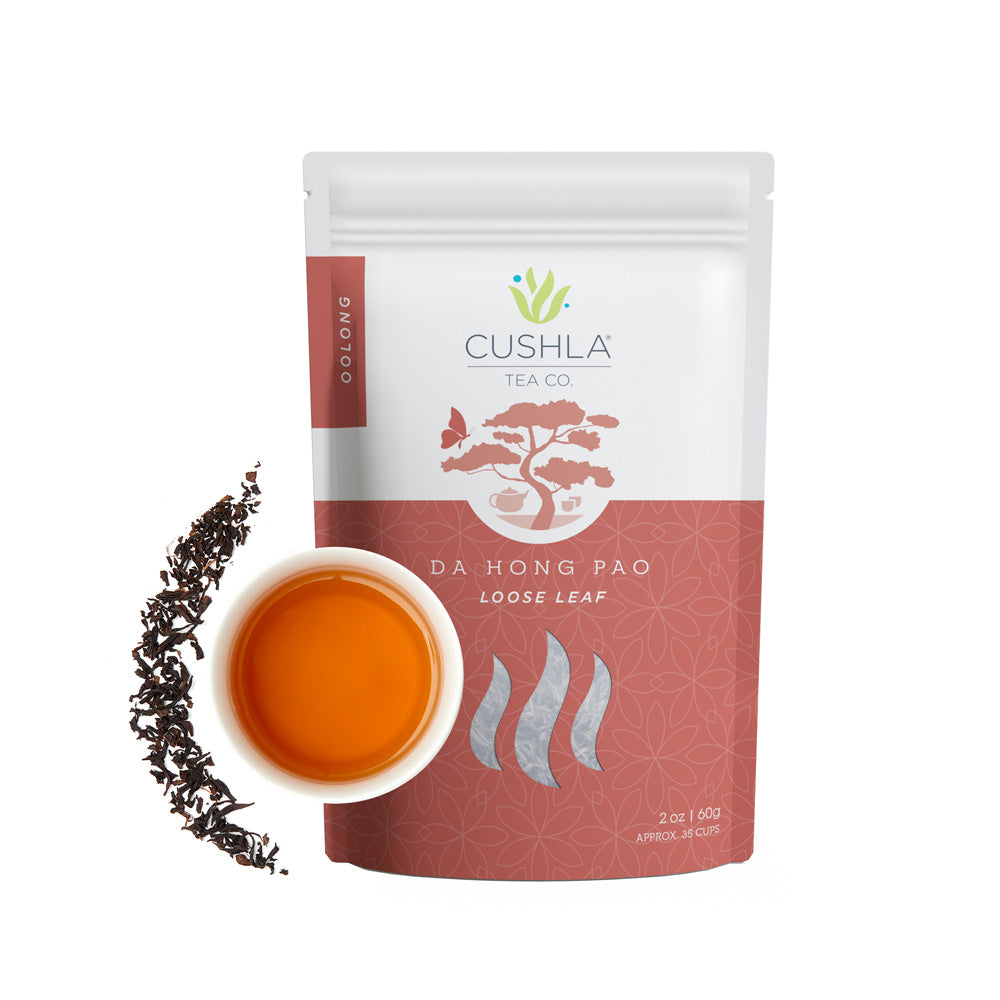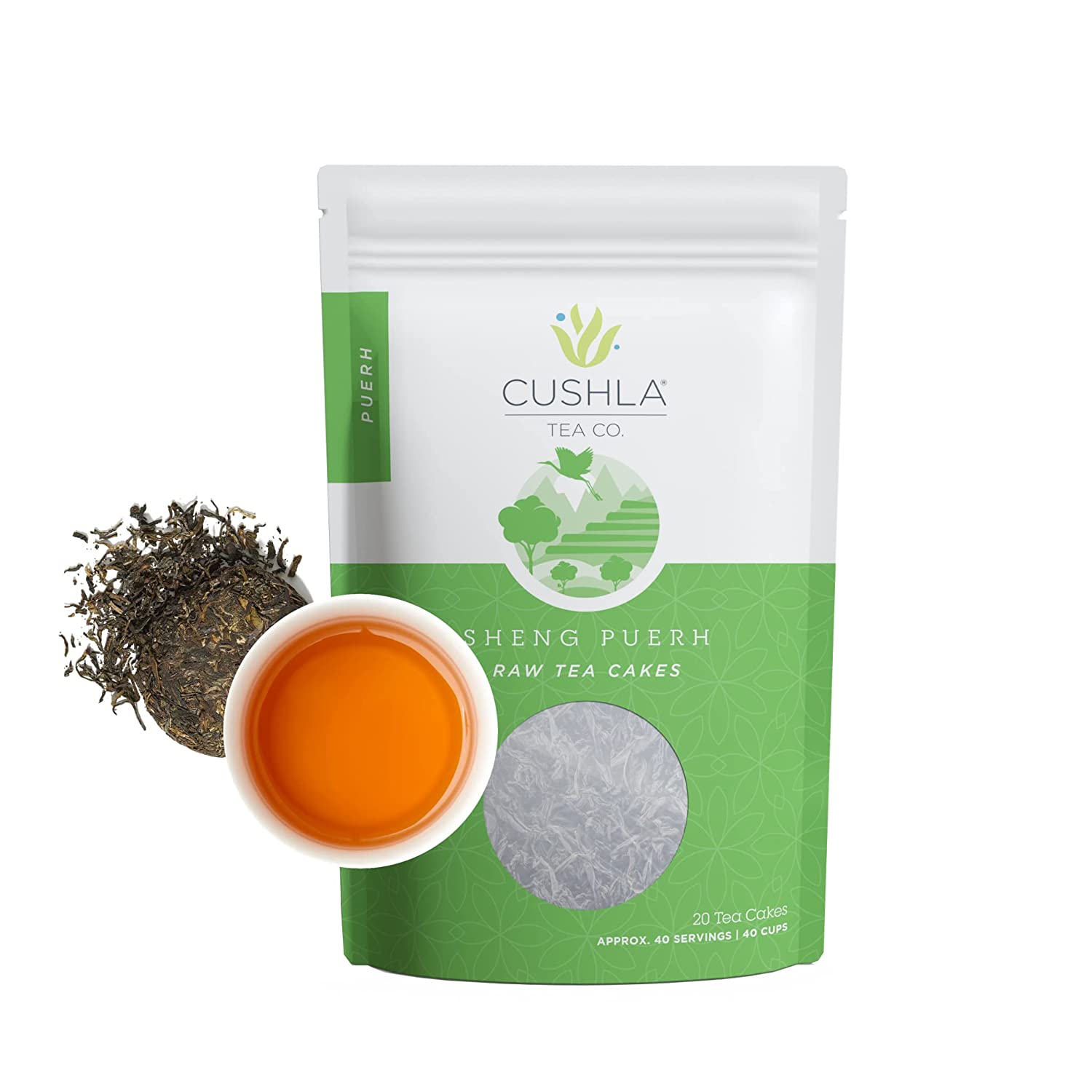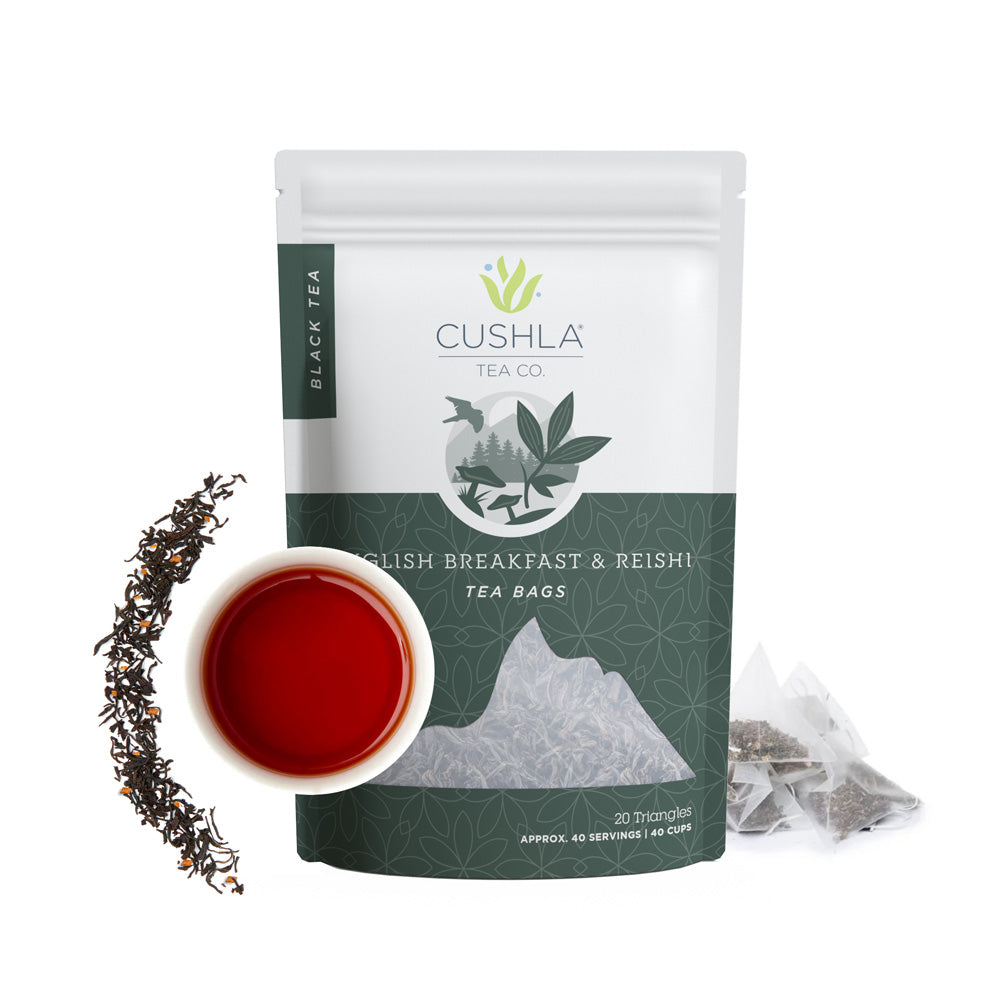Tea is one of the most widely consumed beverages in the world, enjoyed for its taste, aroma and health benefits. But did you know that microwaved tea can alter its taste and nutrients? In this article, we will explore the negative impact of microwaving tea and why consuming fresh, whole leaf tea is best.
When you microwave tea, the heat causes the water molecules to vibrate rapidly, which can cause the tea leaves to release more tannins and polyphenols. This can result in a bitter, astringent taste and a loss of antioxidants. Additionally, microwaved tea can also cause the loss of essential oils and volatile compounds that contribute to the aroma and flavor of the tea.
Tea leaves are delicate and require a specific temperature to release the optimal amount of flavor and nutrients. Most types of tea should be brewed with water between 160-180°F (71-82°C) for optimal brewing. However, the microwave can reach much higher temperatures, which can cause the tea to become over-extracted and bitter.
Another problem with microwaved tea is that it can cause uneven heating. This means that some parts of the tea may be overheated while others remain under-heated. This can result in a tea that is not only bitter, but also has an inconsistent taste.
Moreover, microwaving tea in a plastic container can also be harmful to your health. Plastics contain chemical compounds called Bisphenol A (BPA) and phthalates, which can leach into your tea when exposed to heat. These chemicals can disrupt hormone levels and have been linked to a host of health issues.
On the other hand, drinking fresh whole leaf tea is the best way to experience the full flavor and nutrients of the tea. Whole leaf tea contains all the essential oils, antioxidants, and volatile compounds that make the tea taste and smell so good. Additionally, whole leaf teas are not processed as much as tea bags, which can contain broken leaves, dust, and fannings, which are the leftover bits from the processing of whole leaf tea. These broken leaves and fannings can release more tannins and polyphenols, making the tea bitter and less nutrient-dense.
Furthermore, brewing whole leaf tea allows you to control the temperature and steeping time, which is essential for releasing the optimal amount of flavor and nutrients. This is especially true for green teas, which are known for their delicate flavor and health benefits. Green teas should be brewed with water that is between 160-170°F (71-77°C) and steeped for only 1-3 minutes.
To sum it up, microwaved tea can alter the taste and nutrients of the tea, making it bitter and less nutritious. It can also cause uneven heating and be harmful to your health. Instead, it is recommended to consume fresh whole leaf tea, which is the best way to experience the full flavor and nutrients of the tea. Brewing whole leaf tea allows you to control the temperature and steeping time, ensuring that you are getting the most out of your tea.






